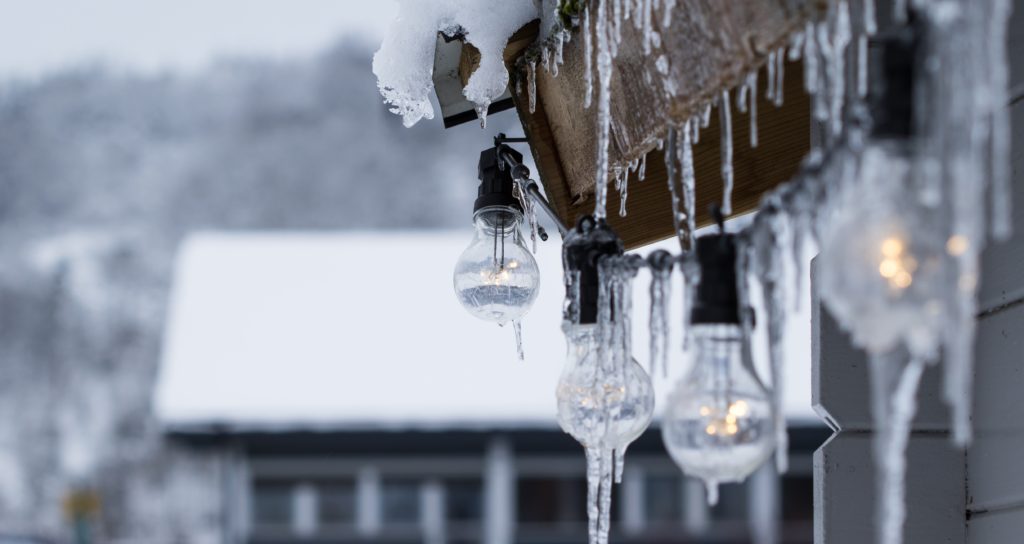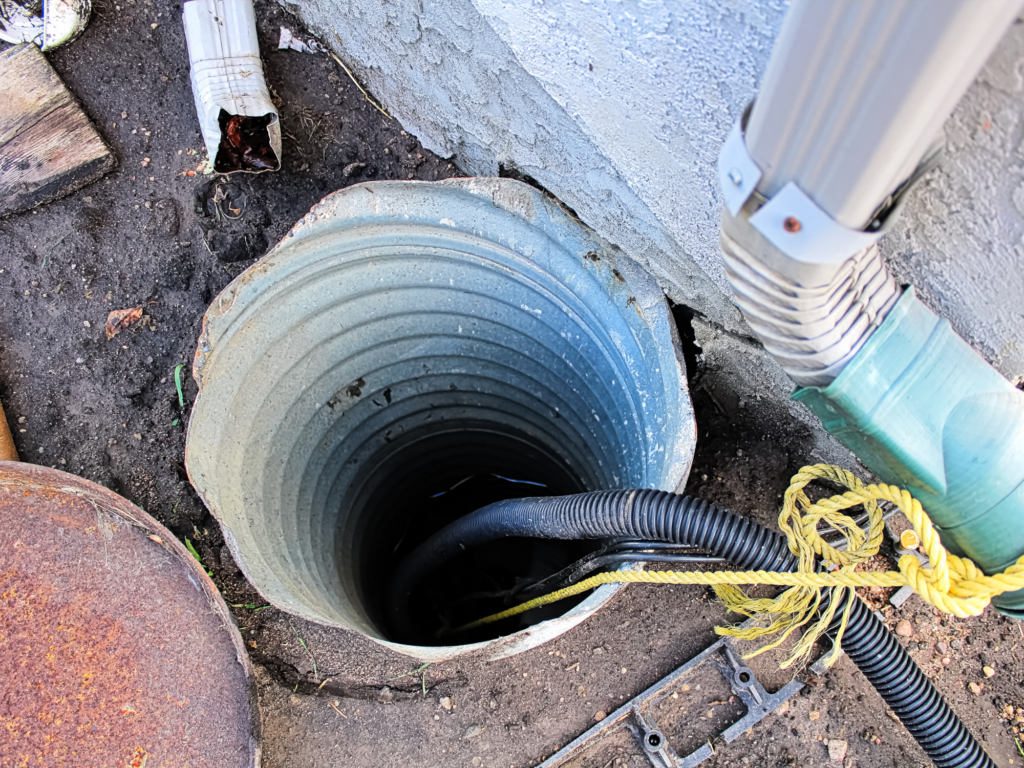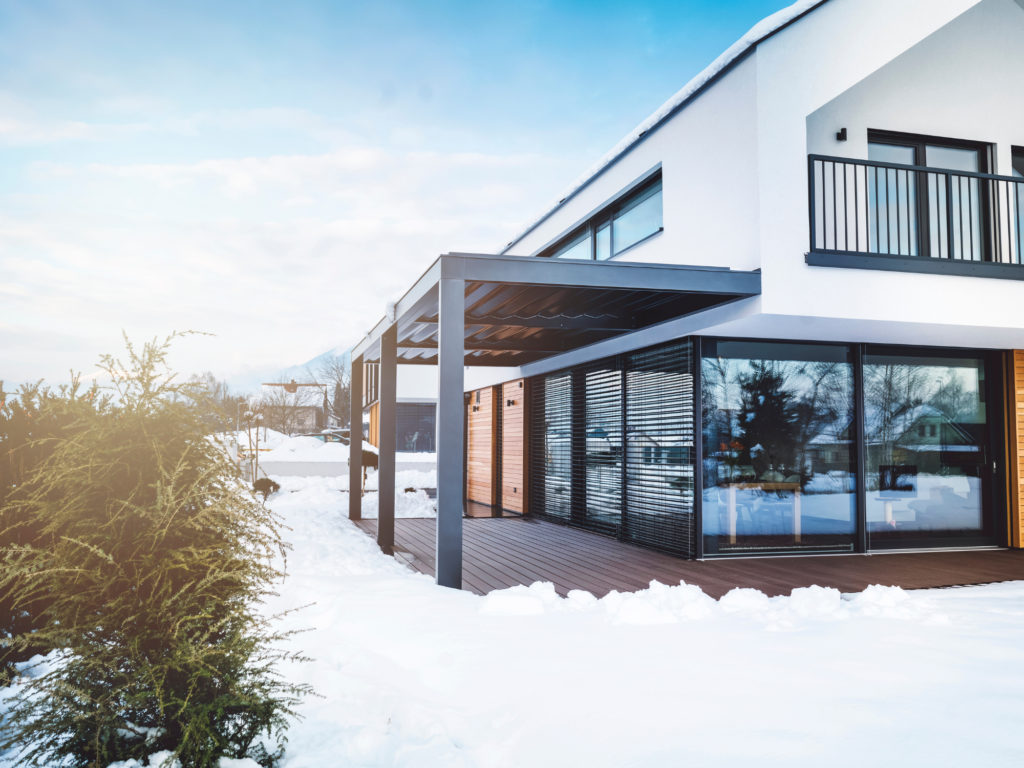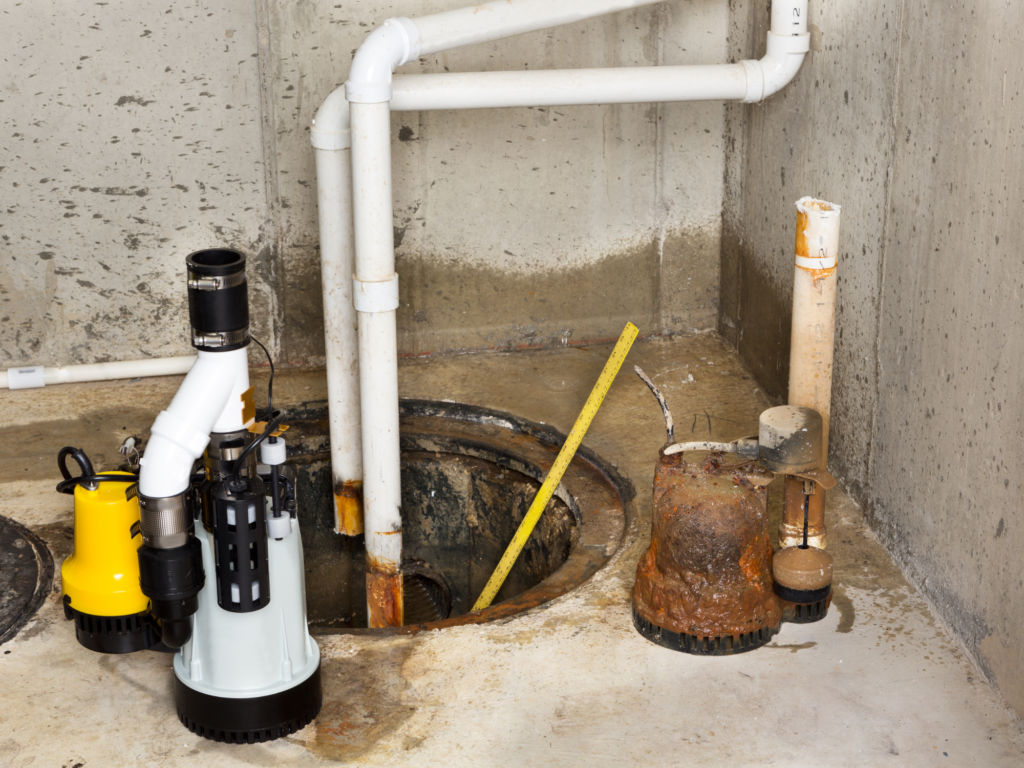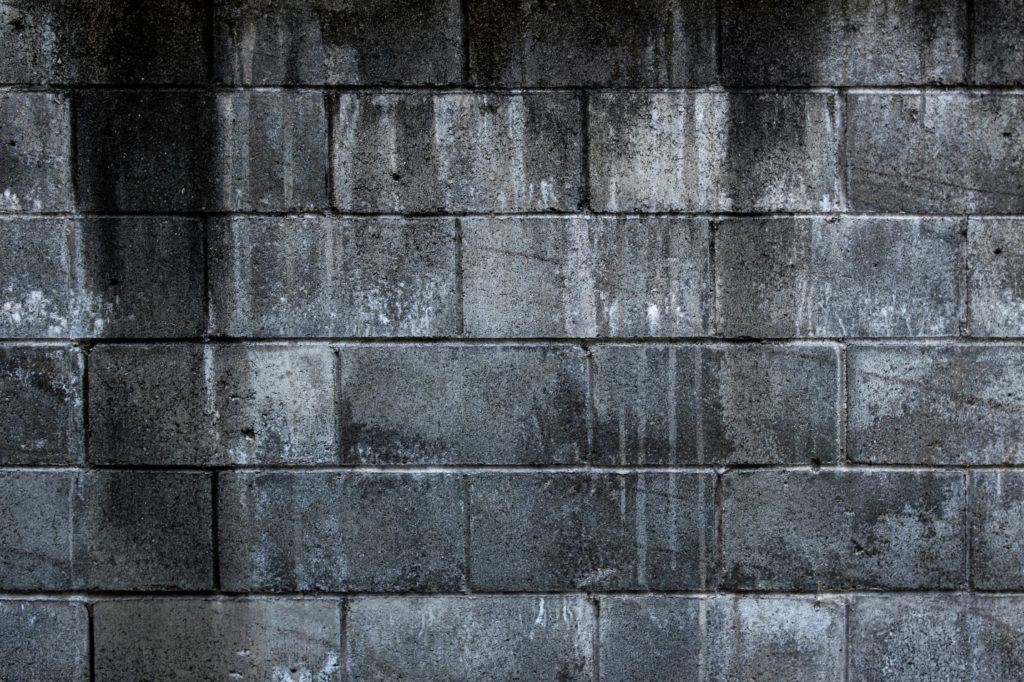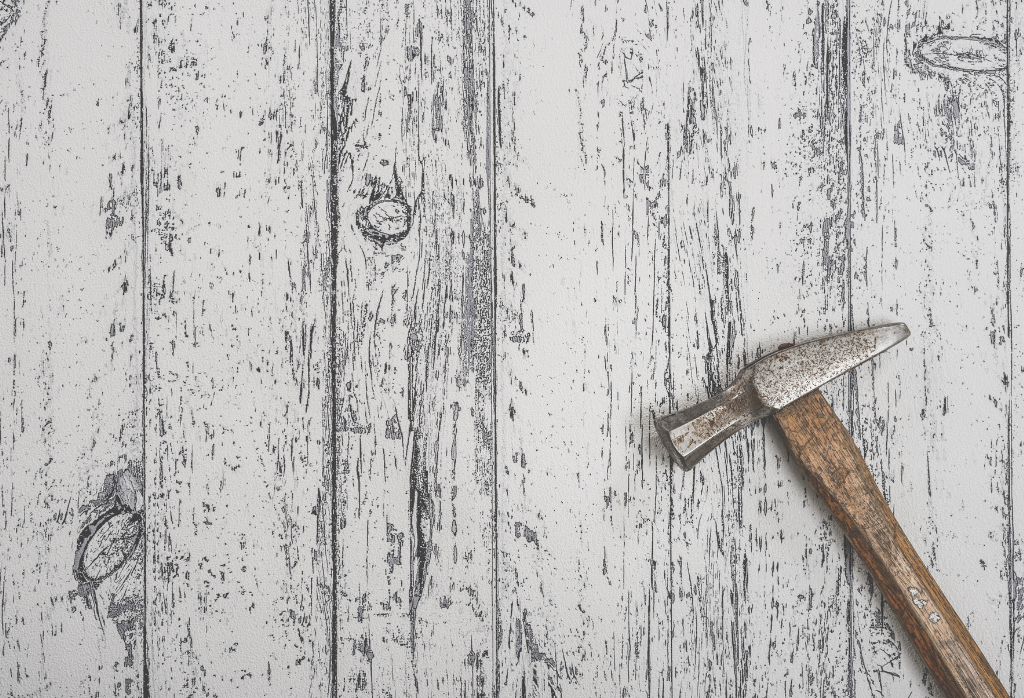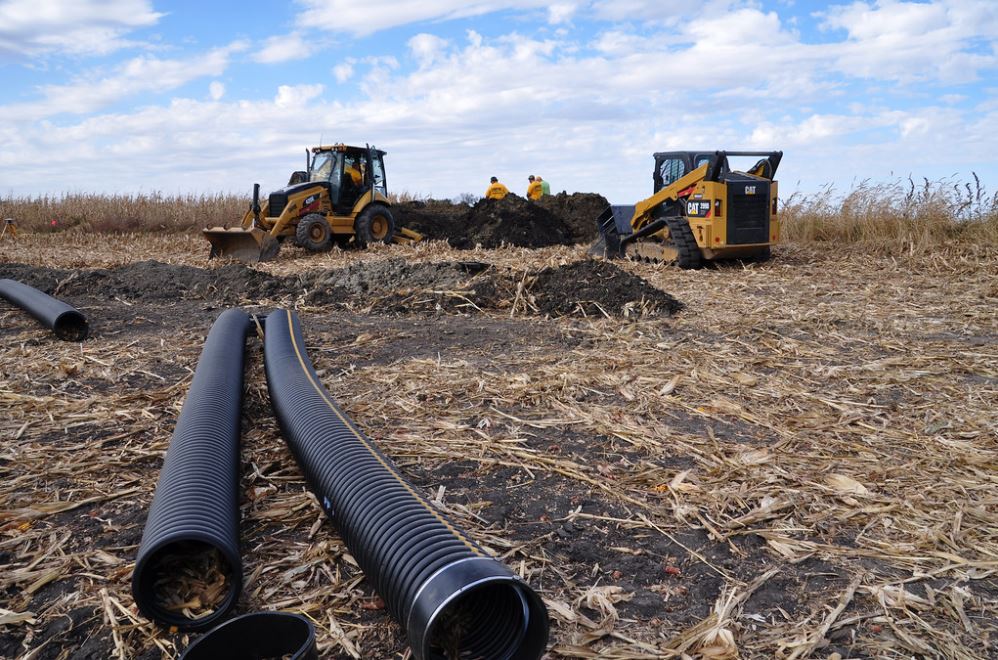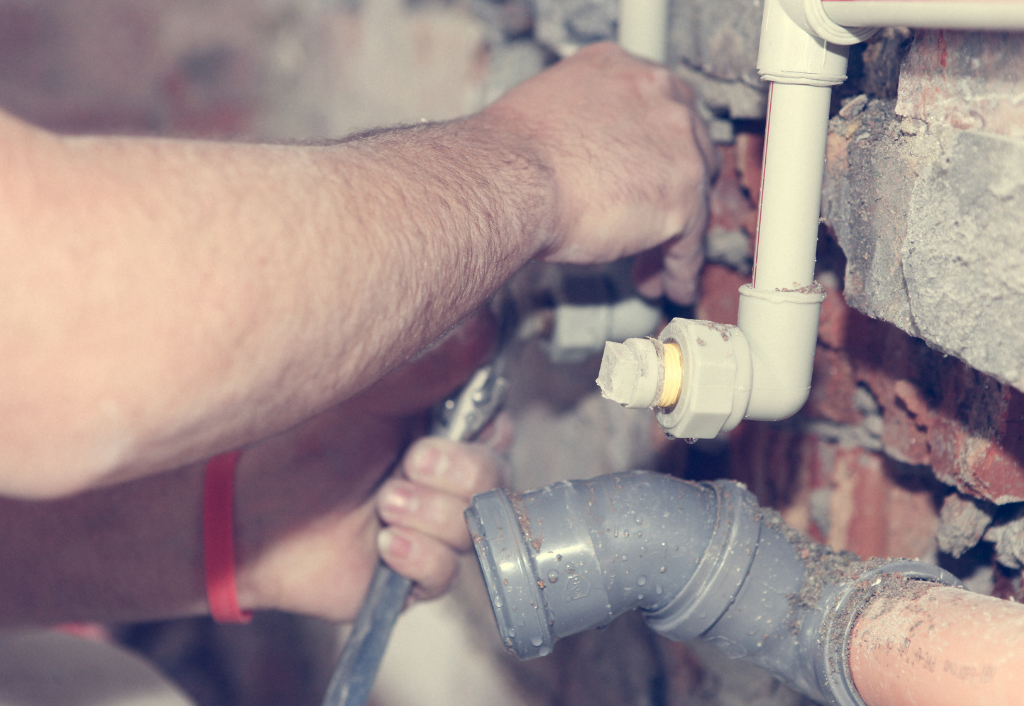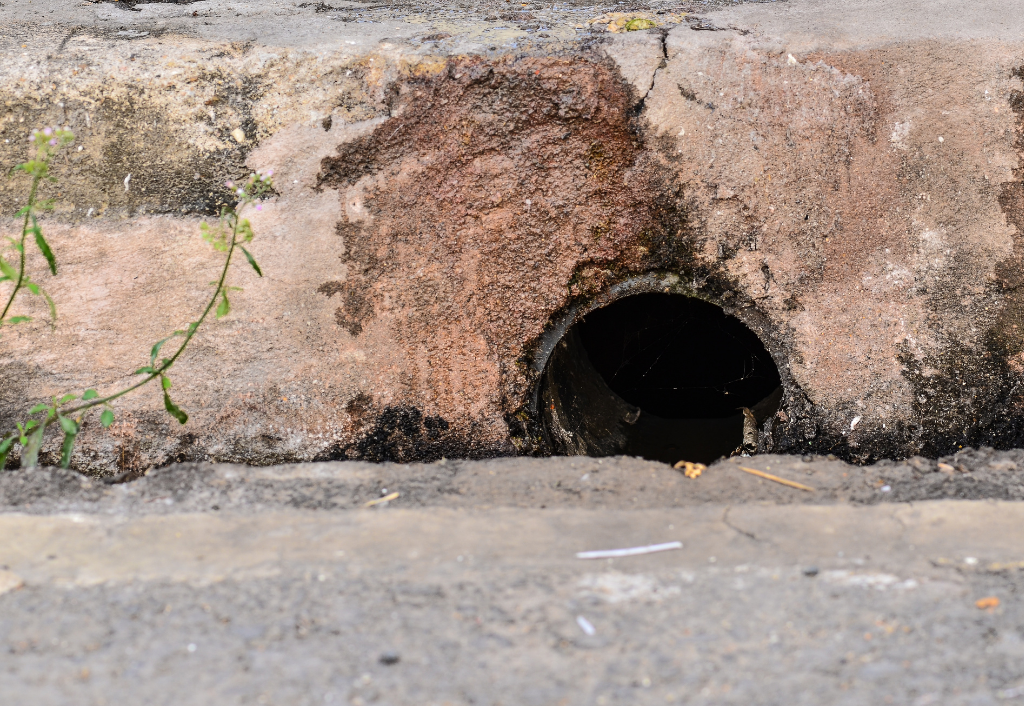blogs
Assessing Your Basement for Winter Damage: Leaks, Cracks, and More
The winter months can be harsh on your home, and your basement is no exception. If you haven’t already done so, it’s important to take a look at your basement for any signs of damage. Leaks, cracks, and water damage can all lead to expensive repairs down the road if not addressed early on. In…
Read MoreWhat Does A Sump Pump Do?
The layperson probably doesn’t know the names of every piece of plumbing technology that keeps their home functional and dry. One of these pieces is a sump pump, and if your house doesn’t have one, its absence will be noticed as soon as flood season comes around. This lifesaver drains away the water pooling…
Read MoreWhat Happens To A Concrete Foundation In Winter?
Cold weather does a lot more than get you to crank the thermostat and reach for a mug of hot cocoa – it can affect the unseen parts of your home, including your concrete foundation. You might not notice the impact the cold is having on your basement and foundation until it’s too late! When…
Read MoreSump Pumps: Why Does My Home Need One, And How Do I Test It?
A sump pump can be one of the most important pieces of equipment for foundation drainage systems, but there’s a good chance you’ve never considered how well it’s working to protect your home. Why would your home need a sump pump, and how can you test how well it’s working?
Read MoreHow To Repair Basement Cinder Block Wall
Concrete block foundations have their benefits, though these days, you’ll find them supporting older homes. Because they are rarely solid in the middle, the cinder block used for foundations can develop unique problems. How would we approach repairing this kind of basement wall?
Read MoreWhat DIY Waterproofing Solutions Can Harm Your Basement?
When it comes to many home projects, doing it yourself is a proper solution. There are many places around the house where amateur handy people can put their skills to good use. One area we don’t recommend this work is the basement. While it might sound like a way to cut down on expenses, DIY…
Read MoreWhat Is Drainage Tile And How Is It Used?
In the world of home drainage and foundation protection, sometimes the simplest solutions are the most effective. One part uses durable pipes and gravity to guide water away from your basement: drainage tiles. A drainage tile system can prevent water from accumulating next to and degrading the concrete of your foundation. It’s an important part…
Read MoreWhat Causes Basement Moisture?
Basements can be notorious for being dank, humid places, but don’t take the moisture as an ordinary sign – it can mean an issue exists that could affect the integrity of your entire house. From foundation shifting to hazardous mould, basement moisture can be a sign of a lot of different problems. What causes basement…
Read MoreWhat’s The Difference Between A Plumber And A Drainage Contractor?
To the average person, plumbers and drainage contractors sound like similar professions. The thing about water issues is that not all of the causes and solutions are the same – as such, the two jobs are different, too! Here’s when you should call a plumber and when you should call a drainage contractor.
Read MoreHow Much Does It Cost To Put In A French Drain?
An essential part of any home waterproofing plan is a working French drain. This simple system collects water as it falls to the foot of your foundation and directs it to a storm drain or sump pump. If your home needs a system put in, or you need to replace the existing one, you may…
Read More
